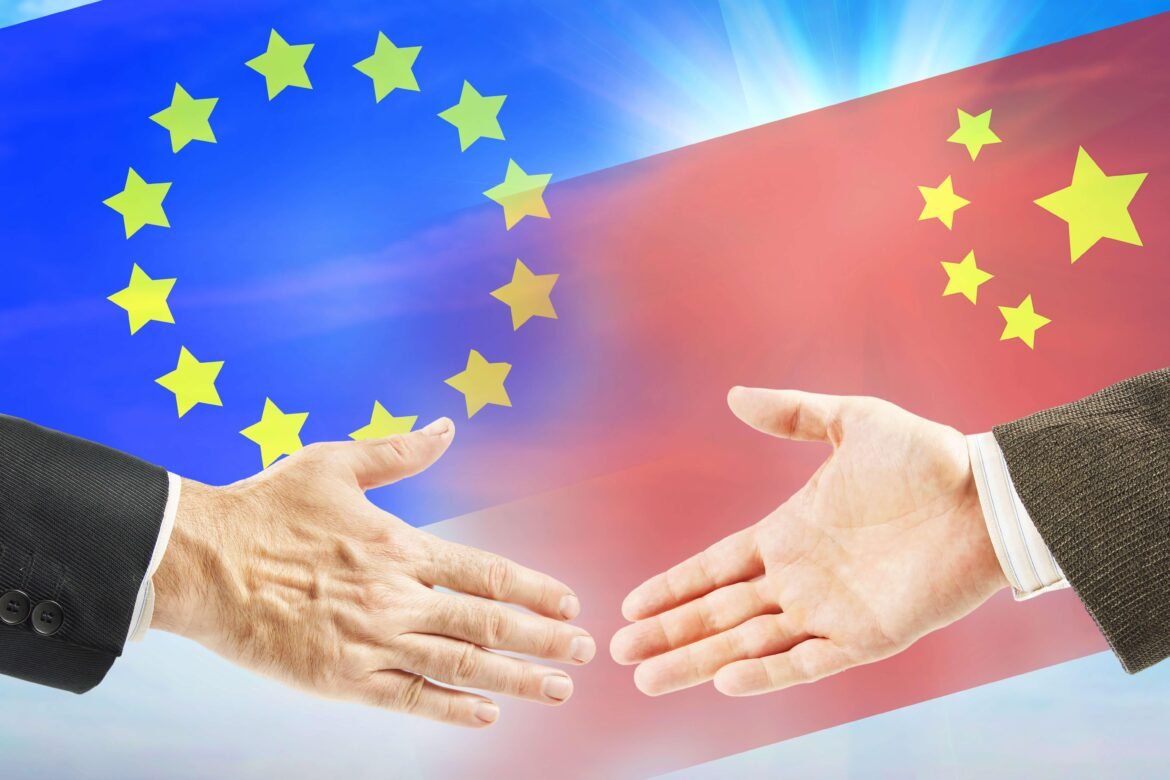BEIJING, July 24 – Chinese President Xi Jinping called on European Union leaders to make wise strategic decisions during a high-level summit in Beijing, emphasizing cooperation despite growing tensions over trade, global security, and Ukraine.
The meeting, marking 50 years of China-EU diplomatic relations, comes amid increasing strain. The summit, initially planned as a multi-day event, was shortened to one day at China’s request—highlighting the urgency and sensitivity of the discussions.
Xi Stresses Unity and Strategic Vision
President Xi met with European Commission President Ursula von der Leyen and European Council President Antonio Costa. He urged Europe to focus on common interests and long-term cooperation.
“In today’s complex international environment, China and the EU must communicate more, build trust, and work together,” Xi said, according to China’s state broadcaster CCTV. “Leaders on both sides should make the right strategic choices that reflect the will of their people.”
Key Issues: Trade Imbalance, Market Access, and Rare Earth Exports
Topics dominating the agenda included trade deficits, market restrictions, and China’s recent control over rare earth exports—materials crucial to electric vehicle production and other advanced technologies.
In April, Beijing imposed export restrictions on rare earth elements, leading to temporary disruptions in European auto manufacturing. However, recent data shows a sharp rebound: China’s rare earth magnet exports to the EU jumped 245% in June compared to May, though still down 35% year-over-year.
EU Seeks Balanced Partnership
European officials approached the summit cautiously. Tensions have escalated in recent weeks due to trade disputes and strong rhetoric. Still, ahead of the talks, von der Leyen struck a hopeful tone on social media platform X:
“This summit is a chance to strengthen and rebalance our relationship. I believe in win-win cooperation,” she posted.
China Downplays Rivalry Narrative
China’s state media emphasized shared goals over disagreements. According to Xinhua News Agency, “China is a key partner for Europe, not a systemic rival,” highlighting areas such as climate change, global governance, and economic development.
This stands in contrast to the EU’s official stance, which defines China as a “partner, competitor, and systemic rival,” a classification that shapes its policy framework toward Beijing.
Outlook: Managing Disagreements, Seeking Common Ground
Despite challenges, both sides expressed interest in maintaining a stable relationship. Discussions also touched on China’s industrial overcapacity, particularly in electric vehicle production—an issue of growing concern in European markets.
The EU is also close to finalizing a trade agreement with the United States, which would apply a moderate 15% tariff on EU exports—far less severe than the previously proposed 30% under former U.S. President Donald Trump.


